Adding to the difference in your kitchen, cooktops play an essential role in everyday cooking. So, choosing the right kind of cooktop according to your needs is very vital.
There are many types to choose from, which may easily confuse a person. You can also consider the factors associated with cooking habits, the layout of your kitchen, and budget while selecting a cooktop.

It will help you understand the variety of cooktops and their benefits and how to choose the perfect one for your home. Empava is a brand that provides excellent appliances for your kitchen.
True to its reputation for reliable kitchen appliances, Empava offers an inclusive range of cooktops to suit every need and preference. Let's find out which cooktop suits you best.
What is a Cooktop?
A cooktop is simply a flat surface equipped with burners or heating elements for food preparation.
Unlike most of the traditional stoves, cooktops are mounted directly into the countertops in kitchens, thereby giving off that sleek and modern appearance.
They come in different types associated with varied benefits and features. As such, it narrows down to choosing the correct cooktop according to your cooking style and kitchen layout, not forgetting personal preference.

Types of Cooktops
1. What is an Induction Cooktop?
It is also referred to as an induction stove. With an induction cooktop, pots and pans are directly heated by electromagnetic energy.
This kind of cooktop is most associated with properties of speed, energy efficiency, and safe operation features.
How does an induction cooktop work?
Induction cooktops generate heat using magnetic fields. Place a pot or pan over the cooktop, and the magnetic field will respond, heating the metal in your cookware.

Because of this heating, everything cooks the cookware quickly and, therefore, more efficiently for quicker and more precise cooking.
Pros:
- It is energy efficient and safe since the heat goes directly to the cookware.
- Reduce risks of burns.
- Offers auto shut-off functionality when non-detecting cookware is used.
Cons:
- Expensive.
- It requires explicitly cookware made of magnetic materials, like cast iron or stainless steel.
- If not compatible, a new set may be required.
Product Example: Empava Induction Cooktop

Empava IDCF9 36 in Electric Stove Induction Cooktop
2. Electric Cooktop
Electric cooktops have gained much popularity, thus adorning many a kitchen. They use electricity to heat coils or smooth surfaces in use, allowing one to cook food efficiently.
How They Work
Electric cooktops function on the logic of electricity running through heating elements, either coils or smooth glass-ceramic surfaces.
These elements get heated when one turns on the cooktop and are adjusted accordingly for heat using control knobs.
Pros:
- Easy to install.
- Affordable due to their lack of a gas line.
- Glass-ceramic surface smooth.
- Easy to clean.
Cons:
- Slower Heating vs Gas/Induction.
- Keeps residual heat for safeguarding purposes.
Product Example: Empava Induction Cooktop

Empava 36EC05 36 Inch Black Electric Stove Induction Cooktop
3. Gas Cooktops
What is a Gas Cooktop?
A gas cooktop is one of the appliances used in the kitchen, offering cooking through flames with the aid of either natural gas or propane.
It provides direct heat from burners; hence, it is popular due to its ability to allow precise control when cooking.
How They Work
Gas cooktops work by igniting the gas that flows through the burner. You rotate the knob, and then gas flows mixes with air, and creates a flame.
You can adjust the heat simply by changing the size of your flame. This instant reaction helps in cooking food precisely.
Pros:
- Precise Heat Control.
- Good for boiling water.
- Searing meat.
- Variable flame sizes.
Cons:
- Installation Complexity.
- Requires professional help.
- It requires adequate ventilation and a gas line.
- Risk of open flame.
- Potential fire hazard.
Product Example: Empava 30 Inch Gas Cooktop

Empava 30GC5B70C 30 in. Built-in Gas Cooktops
Selecting the Right Cooktop
Factors to Consider
Choosing the right cooktop calls for several important factors. Here are some key points to consider in pulling together the best cooktop for your kitchen.
Kitchen Layout and Space
- Measure your kitchen space. Make sure the cooktop fits your countertop.
- Also, consider the placement of other appliances and how they relate to the kitchen's overall design.
Cooking Habits and Preferences
- Consider your cooking style—is it about precise control over or quick heating?
- Figure out whether you will use the cooktop occasionally or every day.
Budget Considerations
- Set a budget before you start shopping. Cooktops can vary significantly in price.
- Balance your budget against the features you need; look for value for money more than anything else.
Energy Efficiency
- Induction cooktops are way more energy-efficient but can be a little costlier.
- Electric cooktops, though a bit less efficient, are usually more affordable.
Cooktop Type
- Induction Cooktops: Fast heating, energy efficiency, and safety are all there.
- Electric Cooktops: Their features could be summarized as easy installation, even heating, and sleek design.
- Gas Cooktops: Accurate flame control, quick heating.
Customer Reviews and Ratings
- Overall, Empava cooktops have a high rating based on durability and performance.
- Customers appreciate the easy-to-clean finish and sleek contemporary designs.
Warranty and Support
- Empava provides comprehensive warranties for cooktops.
- Customer support is responsive and helpful, ensuring peace of mind with your purchase.

FAQS
What are the four basic types of cooktops?
- Gas Cooktops: Cooking occurs on an open flame.
- Electric Cooktops: Use resistive heating elements.
- Induction cooktops: They directly heat cookware with the aid of electromagnetic fields.
- Downdraft cooktops: They have dedicated ventilation to clear smoke and odor.
What are the requirements for a cooktop?
- Power Supply: Adequate gas line or electrical outlet.
- Ventilation: Proper venting provides a means for exhausting smoke and fumes.
- Space: Sufficient counter space and clearance around a cooktop.
- Safety Features: Child locks, auto shut-off, heat indicators.
What do I need to know about a glass-top stove?
- Cleanliness: Clean with a non-abrasive cleanser that won't damage or scratch the surface.
- Cookware: Pots and pans with a flat bottom work best for even heating.
- Durability: May crack or scratch if heavy things are dropped onto it.
- Temperature Efficiency: It heats up fast, but it holds the heat way longer once it has turned off.
What are the standards for cooktops?
- Safety Standards: Comply with international safety regulations and certifications, such as UL or CSA.
- Energy Efficiency: Energy Star rating or equivalent based on energy consumption.
- Size Standards: Standard widths typically run 30 through 36 inches and should fit most kitchen layouts.
- Functionality: Should have basic controls, reliable ignition in case of gas, and evenly distributed heating.
Conclusion
The right cooktop makes a good kitchen and a great cooking experience. These considerations include the formality of your kitchen, eating habits, budget, and energy efficiency.
Whether you are a Pro looking for high-end features or an everyday apartment dweller who wants simplicity and ease of use, Empava has everything: induction, electric, and gas, each with its unique features suited to different needs.
Choose a cooktop that will fit your kitchen, suit your cooking style, and, at the same time, won't create a hole in your wallet.

Empava cooktops have excellent quality, high usability, and outstanding customer feedback. They offer great warranty support, which gives peace of mind concerning investment.
Scroll through the many cooktops from Empava to choose which one will work better in your kitchen. Go to our website, Kitchen Appliance, for more details, and select wisely for your home.

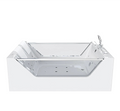
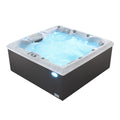
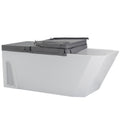
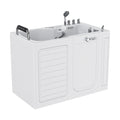
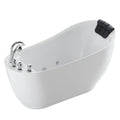
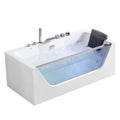
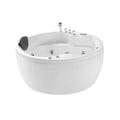
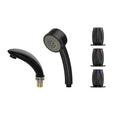
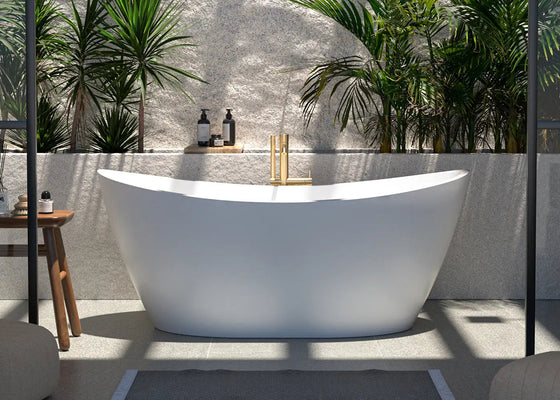
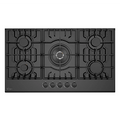
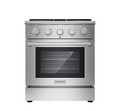
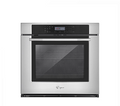
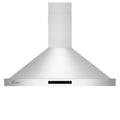
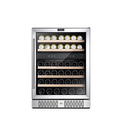
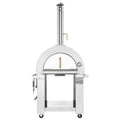
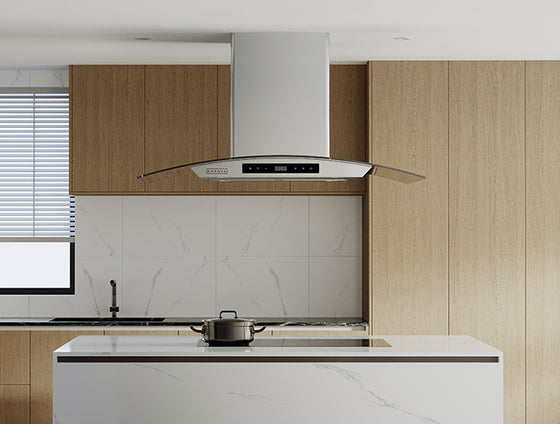
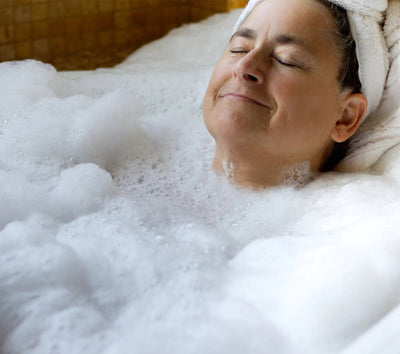
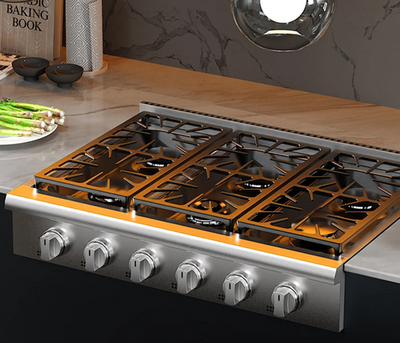
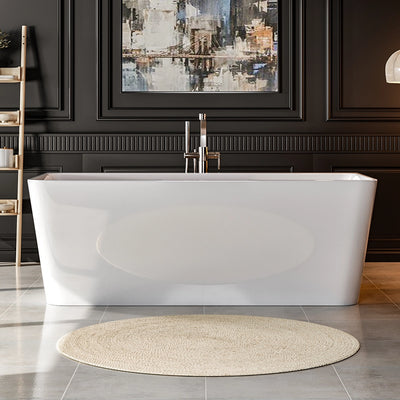


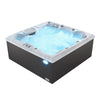
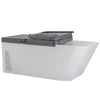
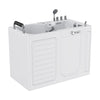
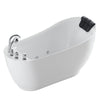
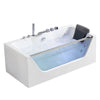
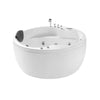
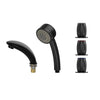
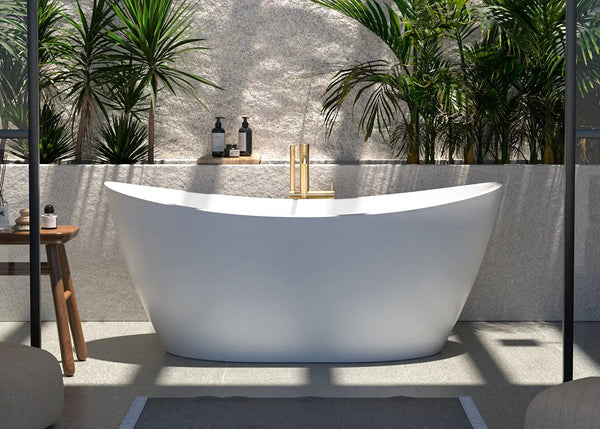



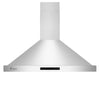
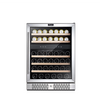
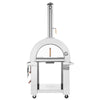
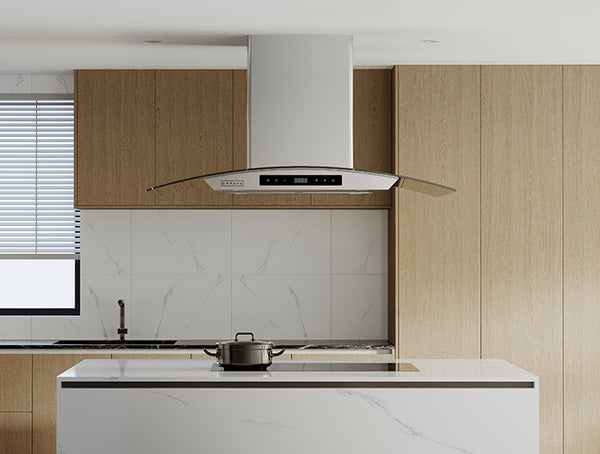
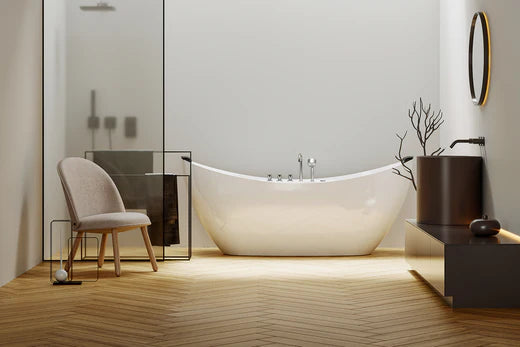
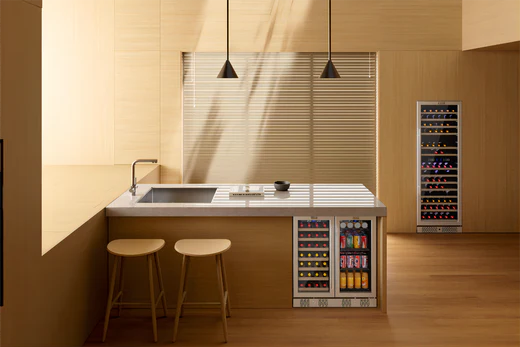
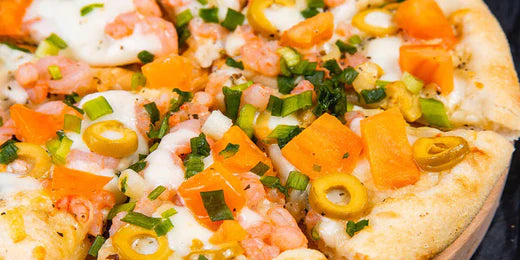
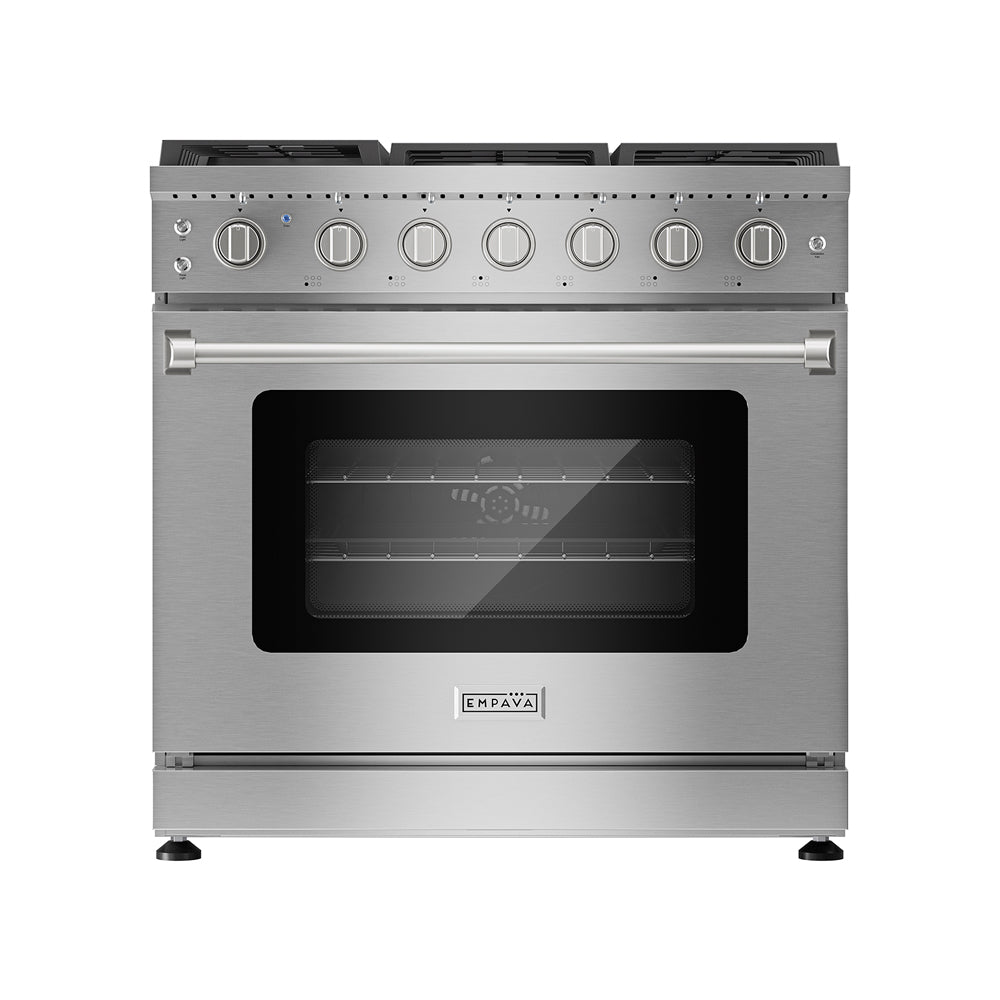
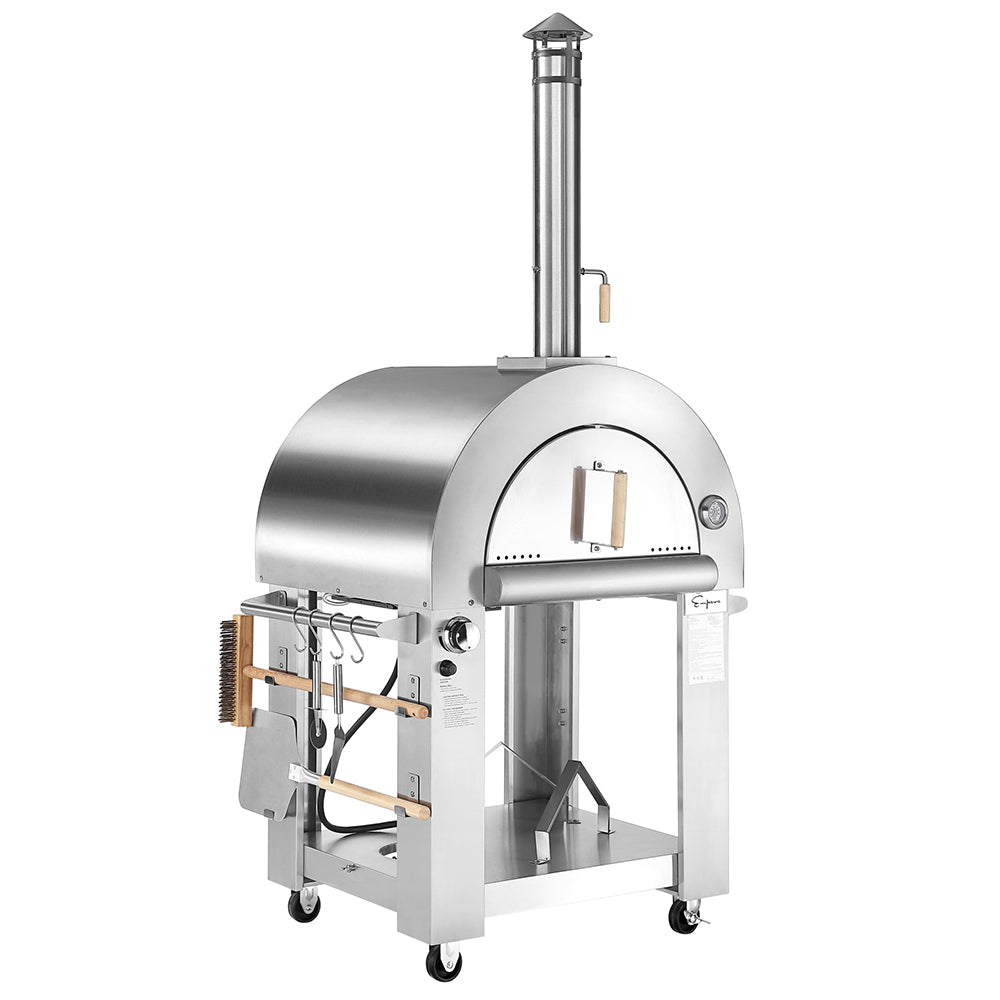
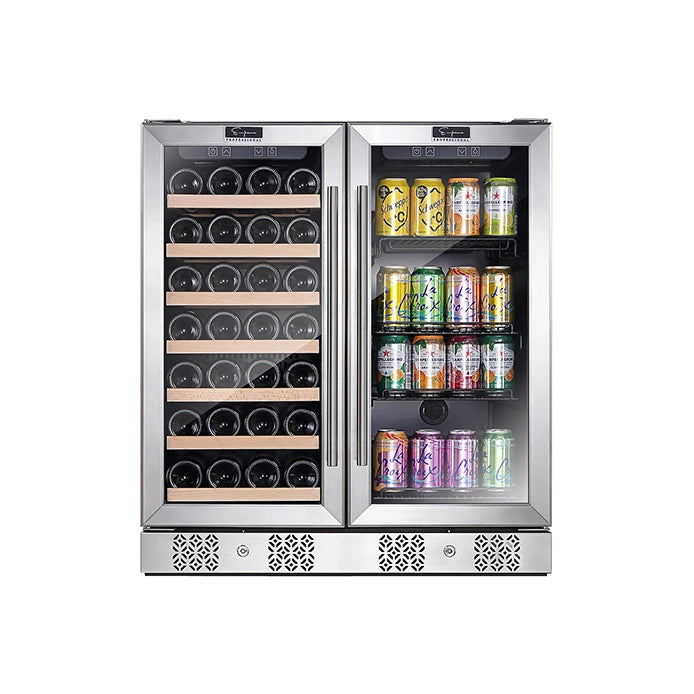
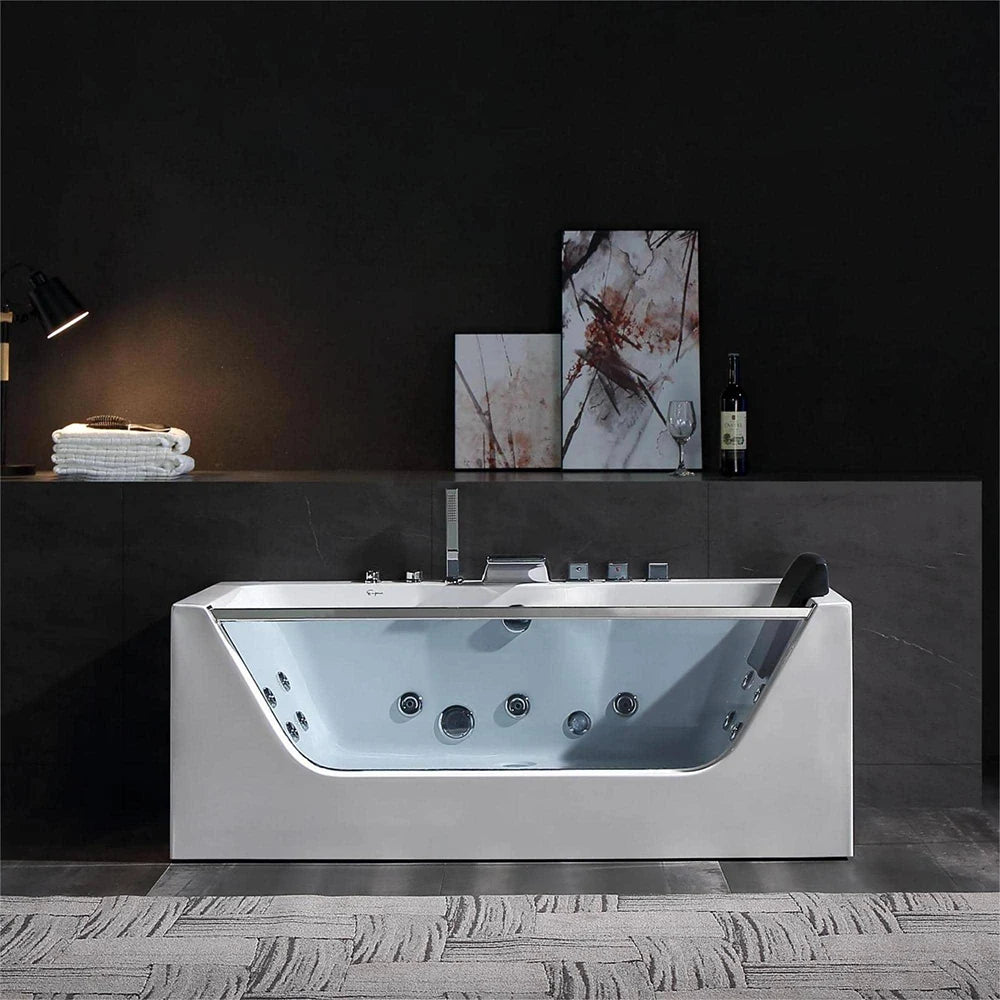
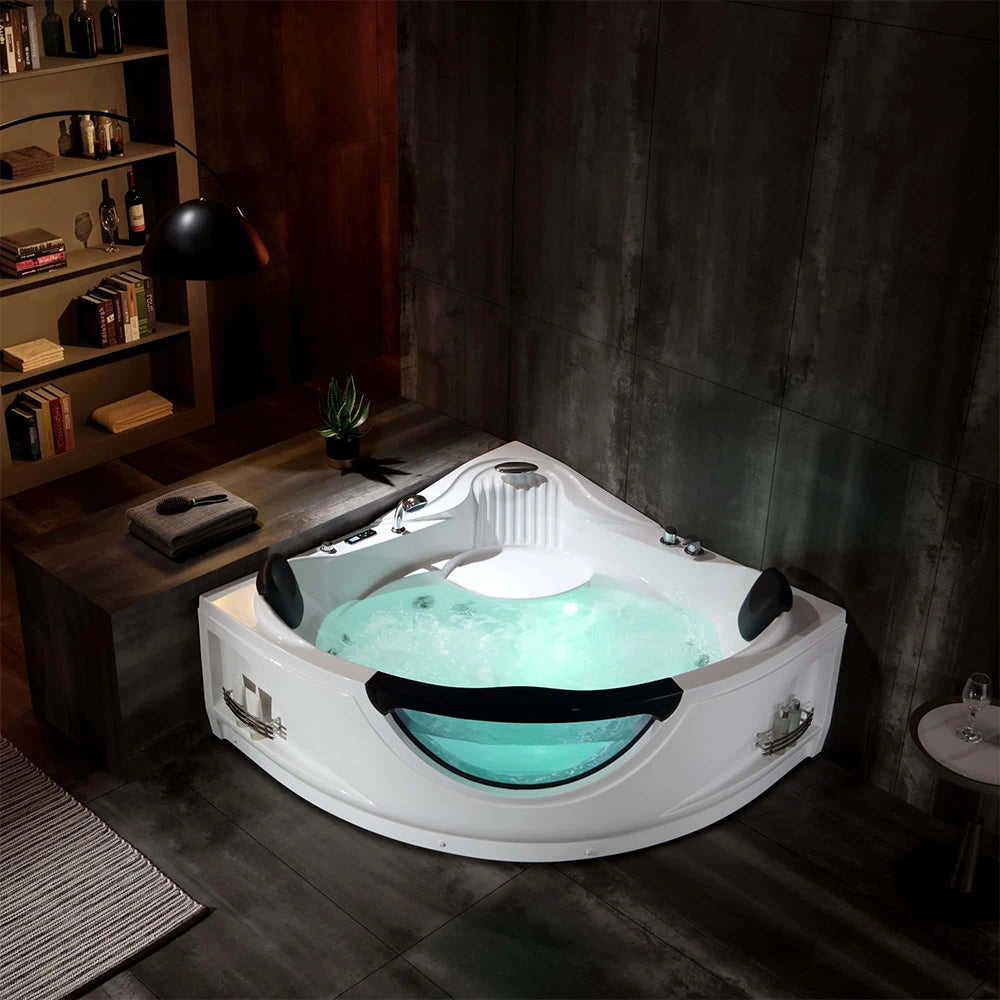
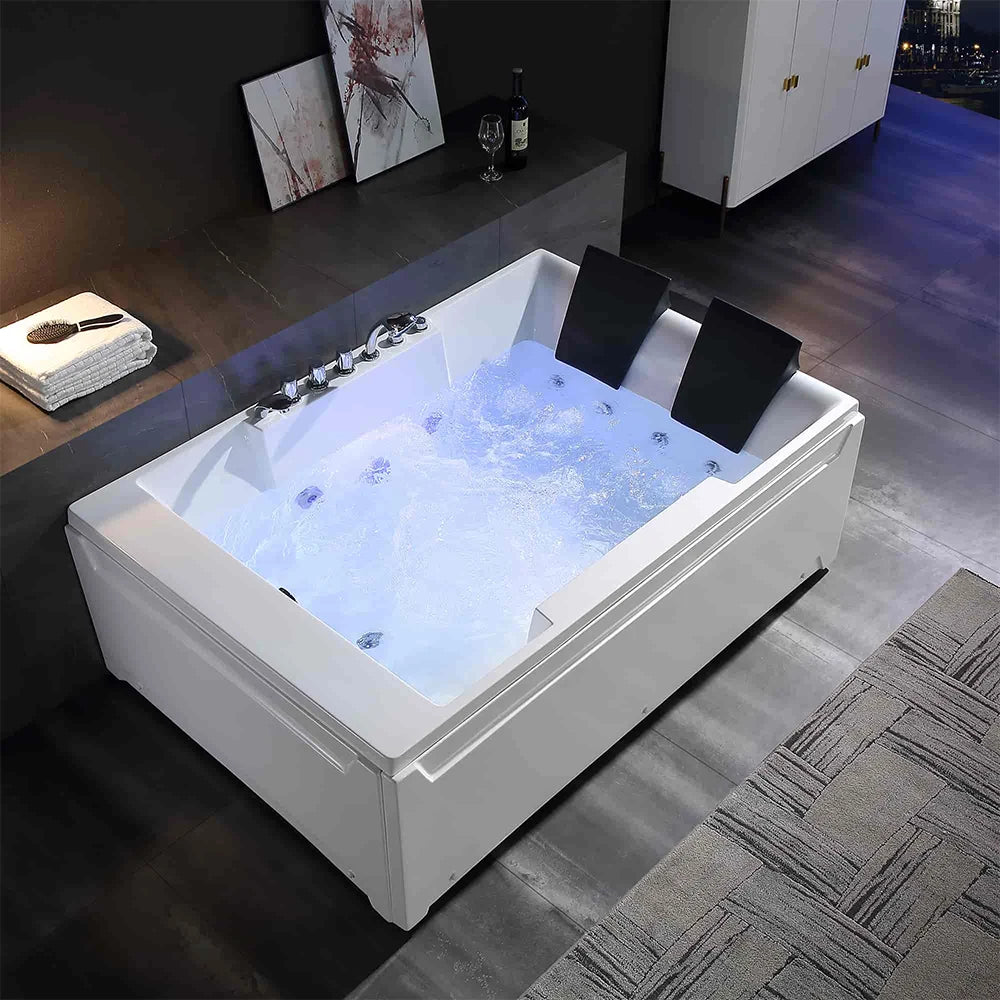
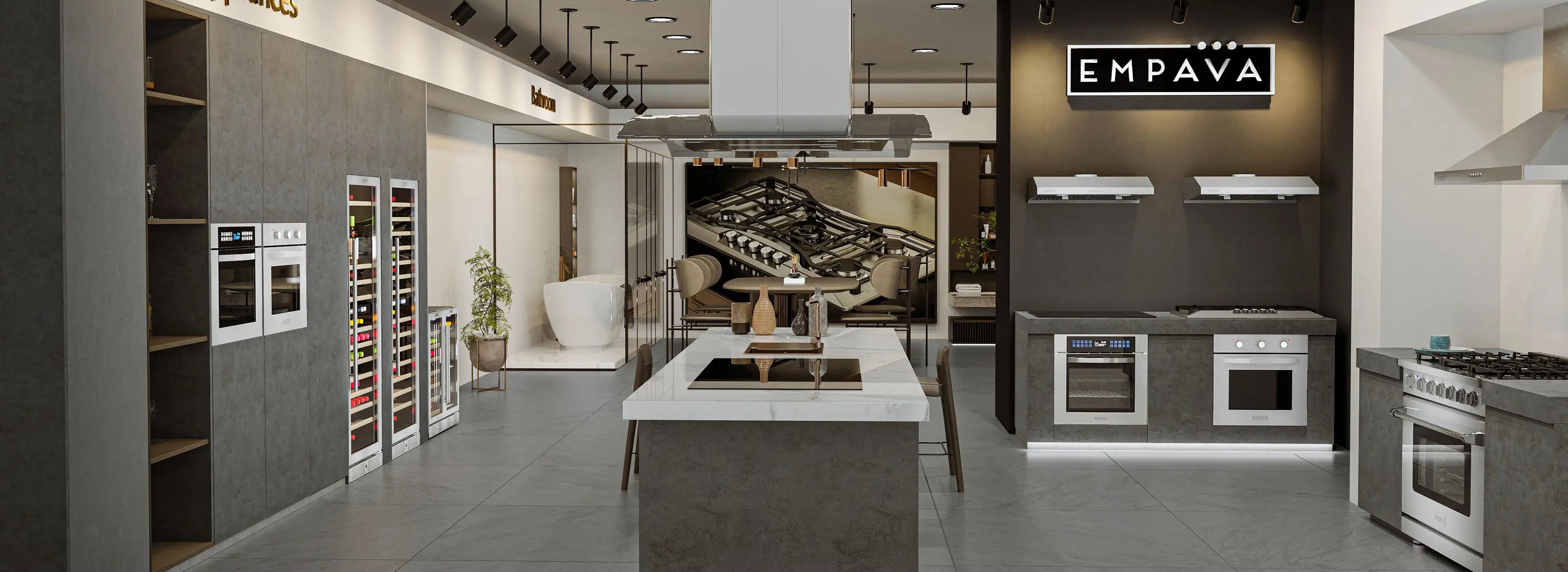
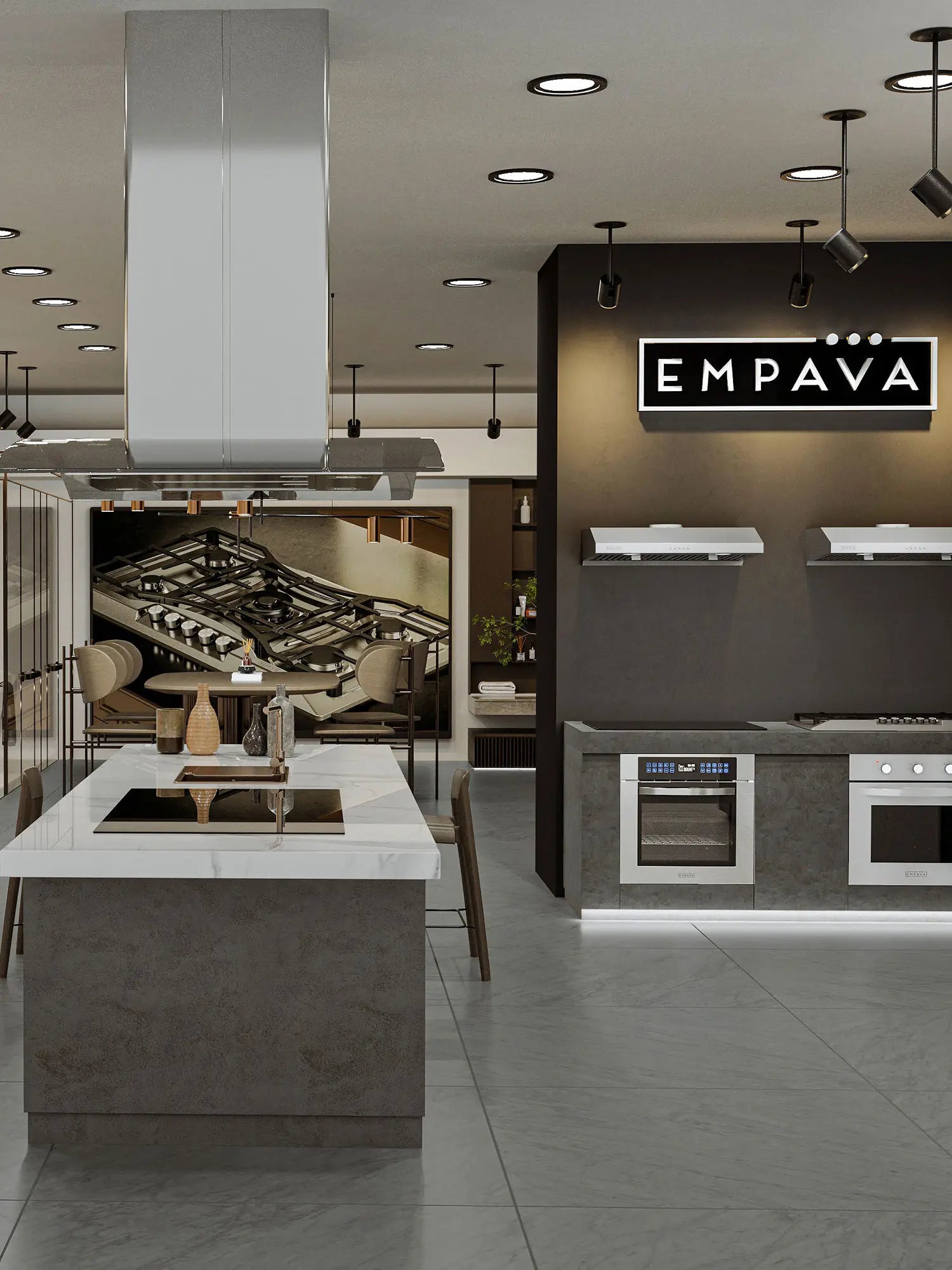

 added to cart
added to cart
 Select A Custom Kitchen Tool Set
Select A Custom Kitchen Tool Set